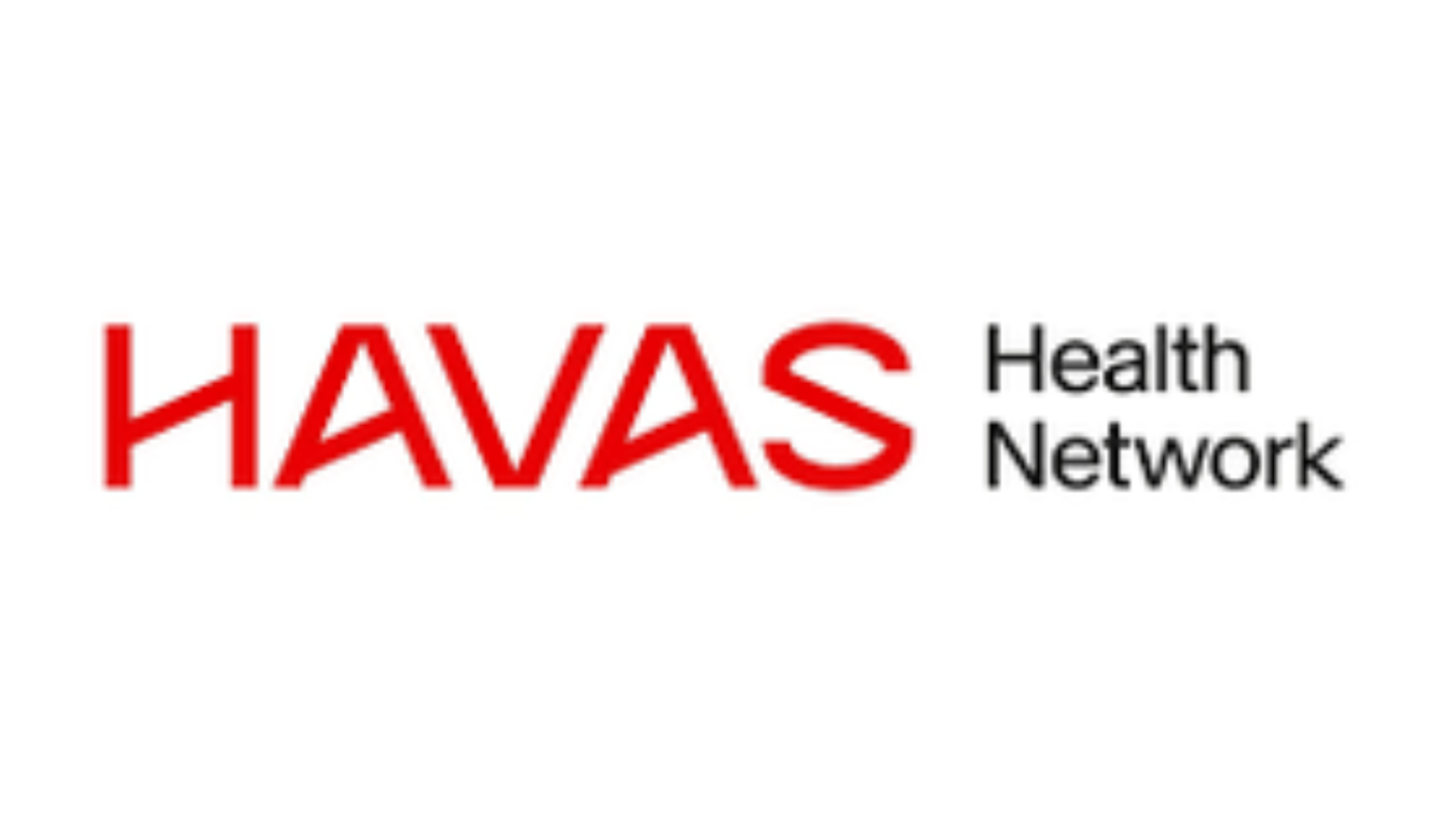Listen to the article
Pharmaceutical Industry Urged to Combat Growing Health Misinformation Crisis
Global healthcare communications agency Havas Lynx has released a groundbreaking white paper that shines a spotlight on what it describes as an escalating crisis of health misinformation. Titled “Doctored Truths,” the report reveals how false health information has been ranked as the world’s top short-term risk for two consecutive years, posing significant threats to patient outcomes and public health systems worldwide.
The comprehensive analysis exposes a troubling decline in trust of medical expertise across generations. According to proprietary data from Havas Lynx’s Point.1 research, confidence in healthcare professionals has eroded substantially, with only about half of patients now expressing trust in established international health organizations like the World Health Organization.
This trust deficit comes at a time when patients increasingly seek health guidance online. The report finds that nearly one-third of health-related content on social media platforms contains misinformation, exposing vulnerable individuals to unverified claims, viral health trends, and advice from unqualified sources.
The consequences of this misinformation epidemic are increasingly tangible and severe. Four out of five healthcare professionals surveyed reported that their patients had experienced physical or mental harm directly attributable to health misinformation. Additionally, one-third of patients admitted regretting health decisions they made based on inaccurate information found online.
Perhaps most concerning for healthcare delivery is that 61% of healthcare professionals indicated that misinformation has damaged the trust relationship with their patients, a cornerstone of effective medical care.
“The spread of health misinformation isn’t just a concern; it’s a profound threat to patient well-being and the very foundation of evidence-based medicine,” said Claire Knapp, Chief Executive Officer at Havas Lynx. “Our ‘Doctored Truths’ white paper not only illuminates the scale of this problem but also underscores the immense responsibility and opportunity for the pharmaceutical industry.”
The report emphasizes that this crisis affects virtually every therapeutic area and has far-reaching implications beyond individual health outcomes. Public health initiatives, social cohesion, and even economic stability are at risk, with disproportionate impacts on vulnerable populations where scientific literacy may be limited or healthcare access is restricted.
Havas Lynx’s findings point to the pharmaceutical industry as being uniquely positioned to address this challenge. With extensive clinical data, scientific expertise, and global reach, pharmaceutical companies have both the resources and credibility to counter misinformation effectively. The report suggests that addressing this issue represents not just an ethical imperative but a strategic necessity for the industry’s future relevance and reputation.
The expectations for pharmaceutical companies to take a more active role are clear. The Point.1 data indicates that 71% of healthcare professionals believe pharmaceutical companies have a responsibility to tackle health misinformation. However, only 41% feel the industry is currently doing enough to address the problem.
This accountability gap presents both a challenge and an opportunity for pharmaceutical organizations seeking to strengthen their relationships with healthcare providers and patients alike. As public debates around health information intensify, especially in the aftermath of the global pandemic, pharmaceutical companies that establish themselves as reliable sources of accurate health information may gain significant advantages in trust and credibility.
The “Doctored Truths” report emerges at a critical juncture when health literacy and reliable medical information have never been more essential to public welfare. While digital platforms have democratized access to health information, they have simultaneously created unprecedented challenges in distinguishing fact from fiction.
Havas Lynx’s call to action for the pharmaceutical sector emphasizes that companies possess what might be considered an antidote to the misinformation epidemic through their scientific expertise, data resources, and communication capabilities. The question now is whether the industry will mobilize these assets effectively to help restore trust in medical science and protect patient outcomes.
Fact Checker
Verify the accuracy of this article using The Disinformation Commission analysis and real-time sources.




13 Comments
This report highlights a significant challenge facing the pharmaceutical industry. Addressing the health misinformation crisis will require a multi-pronged approach focused on rebuilding public trust and making authoritative information more accessible.
The decline in trust of healthcare professionals is troubling. In the age of social media, it’s more important than ever for the industry to find effective ways to counter misinformation and provide reliable, science-backed guidance.
Absolutely. With so much unverified health content circulating online, the industry must be proactive in reaching patients directly through trusted channels.
The findings on the prevalence of health misinformation on social media are concerning. The industry must find effective ways to amplify credible voices and ensure patients have access to reliable, science-backed information.
Agreed. Leveraging digital channels to counter misinformation and provide authoritative guidance will be crucial for protecting public health.
This is a concerning trend that the pharmaceutical industry can’t ignore. Restoring faith in medical expertise and equipping patients with the right information should be top priorities.
The erosion of trust in healthcare professionals is a worrying development. The industry must take bold steps to combat misinformation and reassure the public about the reliability of medical guidance.
Absolutely. Transparent communication and fact-based education campaigns will be essential for regaining public confidence in the healthcare system.
This report underscores the urgent need for the pharmaceutical industry to address the health misinformation crisis. Proactive measures to counter false claims and rebuild trust in medical expertise should be a top priority.
This is concerning news. Misinformation about health can have serious consequences for patient wellbeing. The pharmaceutical industry should take proactive steps to combat this growing crisis and rebuild trust in medical expertise.
I agree. Combating health misinformation needs to be a top priority to protect public health. Transparent communication and fact-based education will be crucial.
The findings that one-third of health-related social media content contains misinformation is alarming. The industry needs to get ahead of this trend and find ways to elevate credible voices and sources.
Agreed. Proactive digital strategies to counter misinformation and provide reliable guidance will be crucial for protecting patient health.